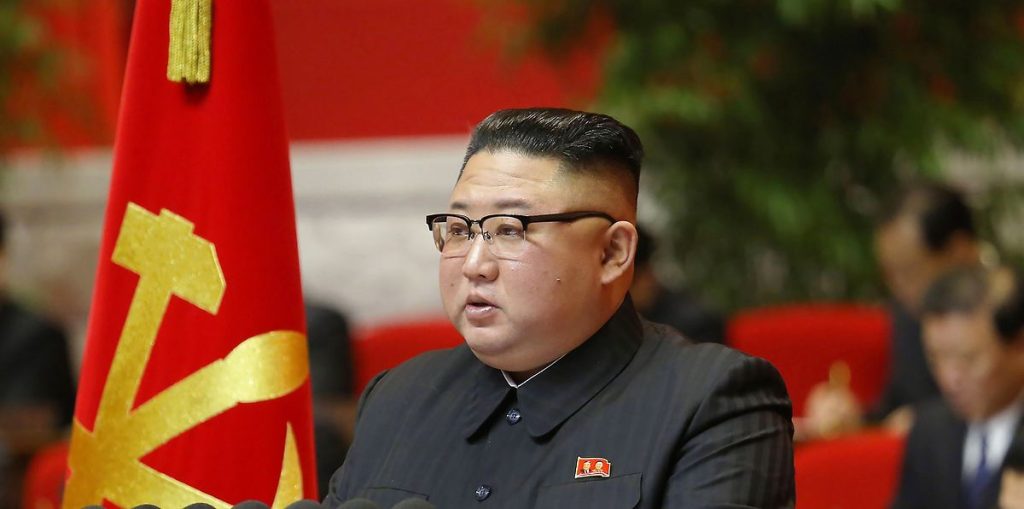The internet is replaced by Kwangmyong, a state-controlled intranet.
Others are reading now
The internet has transformed the world. It connects people across continents, fuels innovation, and drives progress.
From instant communication to online learning, the web has redefined how we live, work, and interact.
However, in some parts of the world, this powerful tool remains restricted.
North Korea, one of the most secretive nations, has built a tightly controlled version of the internet that starkly contrasts with the global web.
Also read
Approval to Use Internet
In North Korea, internet access exists but is far from open or free, according to El Economista.
Only a select group of officials and approved individuals can use it, and even they must have a specific, government-sanctioned purpose, such as scientific research.
For the general population, the internet is replaced by Kwangmyong, a state-controlled intranet.
This network provides censored content tailored to align with government propaganda.
The country’s primary official website, Rodong.rep.kp, functions solely as a tool of the state. Its pages praise Kim Jong-un and detail his activities, such as attending ceremonies or sending messages to foreign leaders.
Updates are infrequent, and there is no coverage of global events. The few other websites allowed within North Korea serve similar propaganda purposes.
Surprisingly, North Korea boasts advanced digital infrastructure, including high-speed fiber-optic networks. However, these technologies are used mainly for surveillance rather than empowering its citizens.
Even mobile phones, which are becoming more common, are strictly monitored.
Calls and texts are overseen by the government, and internet access through phones is limited to the closed Kwangmyong network.
Social media, which has become integral to modern life worldwide, is nonexistent in North Korea. Platforms like Facebook, Twitter, and YouTube are blocked.
The government views these tools as dangerous and a threat to its control. In 2020, laws further tightened restrictions, criminalizing access to foreign media with severe penalties.

